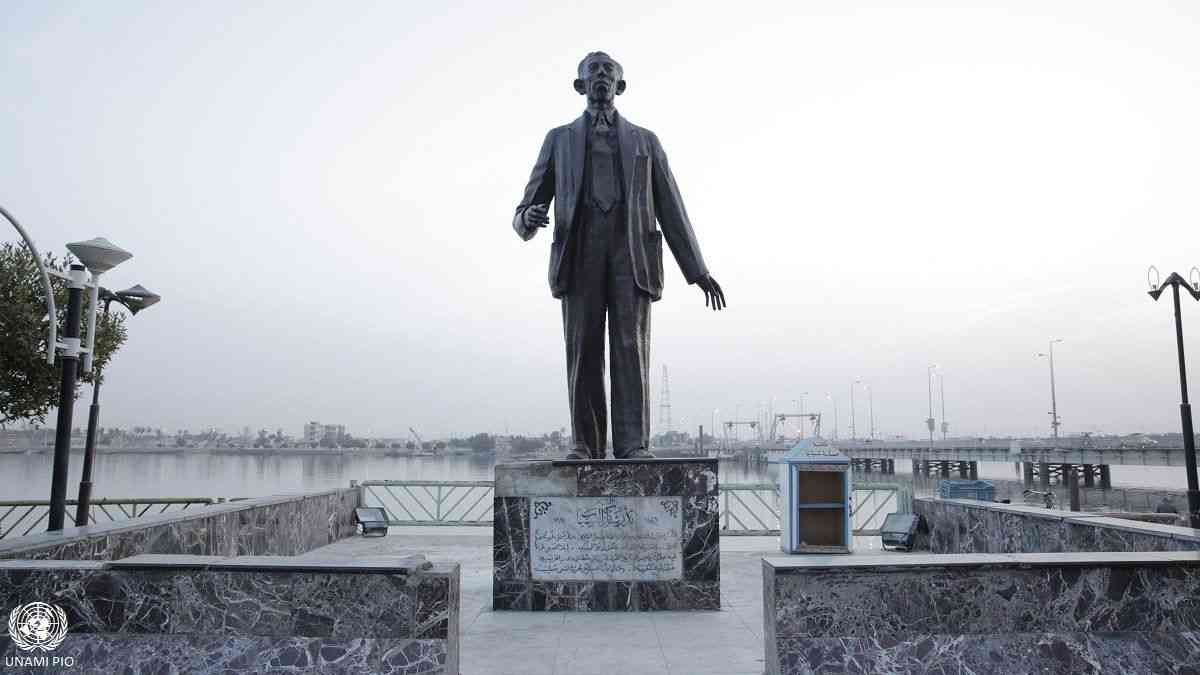An Iraqi Arab poet who shone at the beginning of the last century as a poet writing free verse and poetry at a time when Arab countries, including Iraq, were suffering from poverty, confusion, the pursuit of independence, and the post-independence stages This had a great impact on his writings and poems about Iraq, freedom, and the homeland.
His birth
On the twenty-fifth day of December 1926, Badr Shaker Al-Sayyab was born on the banks of the Shatt al-Arab in the city of Abu Khasib in Basra, Iraq.
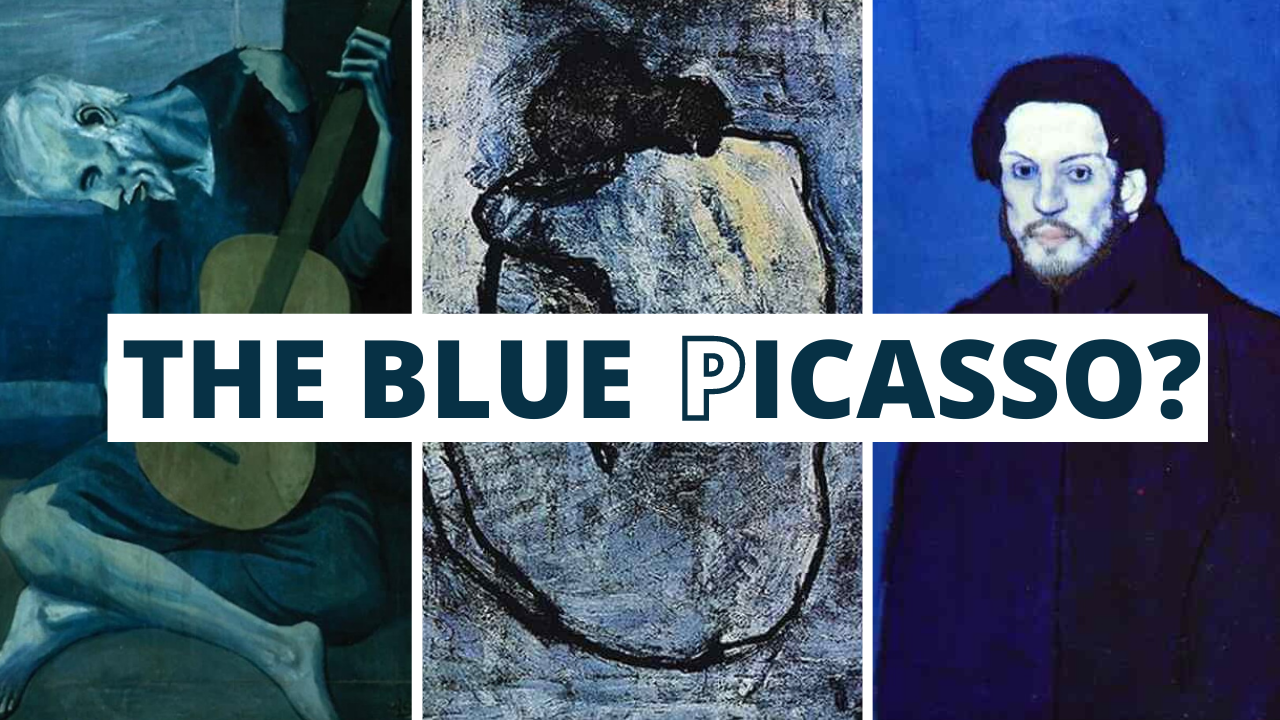
Specifically, in the city of Jaikur, which is a small village that follows the Abu al-Khasib district...The name of Jaikur comes from the Persian language and is made up of two syllables: Joy Kaur or the blind schedule. , but despite its smallness, those who read Badr Shakir's poetry find that it has gained a great position with the poet, especially in his poem. : Tammuz Jaikour.
His life
Badr completed his primary education at Bab Suleiman School, a small school consisting of four classrooms. The students graduated from the first four preliminary stages, and although he was ten kilometers from Badr's house, he used to go to it every day on foot.
After Badr completed his studies at Bab Suleiman School, he had to transfer to Mahmudiyah School, which is thirteen kilometers away from his home, until he ended up in Basra, where he would complete his secondary education.
And from Baghdad, Badr's life began to form to be a poet, he began studying Arabic literature at the Higher Institute of Teachers for two years, but he did not complete it. As he took an opposite course to enter the English language major, and that was in 1945 AD.
Badr graduated from the institute in 1948, in the year in which he was suffering in Iraq from the repercussions of the British occupation, and the year that was called the Nakba, on the Palestinian issue, which had a great influence on Badr's Life. [1]
Alsayyab as person
Al-Sayyab was slender, short in stature, and broad-eared, and the writers think that he was suffering from an inferiority complex as a result of his appearance.
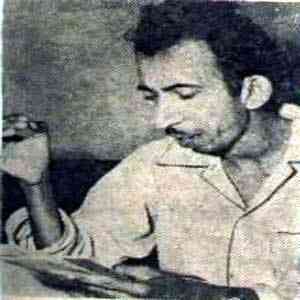
The great Arab writer Ihsan Abbas says about him in a book he wrote about his life and poetry, describing him:
"A person with a slender body like a stick, a long neck with a round head, large ears, also a nose, small eyes, and a large mouth, has difficulty fitting his lips exactly as the skin tends to have a brown color."
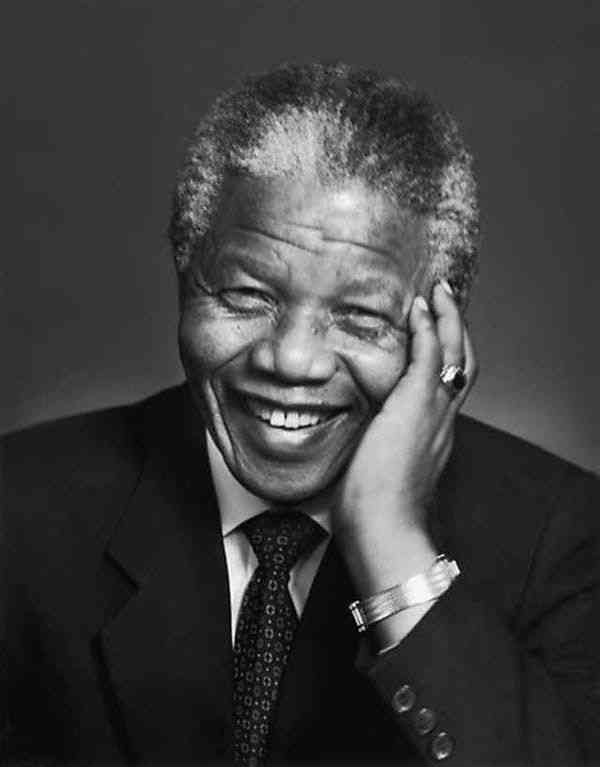
This is from body side appearance, but if we want to talk about the moral and the personal side, he used to drink alcohol, and he tended to be a moral deviant...Some see that this was an attempt to escape the bitter reality of his life. [2]
His translations:
Al-Sayyab has translated many books by many writers around the world due to his proficiency in the English language and for whom the Spanish poet Federico García Lorca, the American Ezra Pound, the Indian Tagore, the Turkish Nazim Hikmat, the Italian Arturo Giovanni, and the British T. s. Elliott, Edith Sitwell, and Pablo Neruda from Chile.
His book "Selected Poems from Modern International Poetry" is his first collection in the field of translation, which he published in 1955 AD. [3]
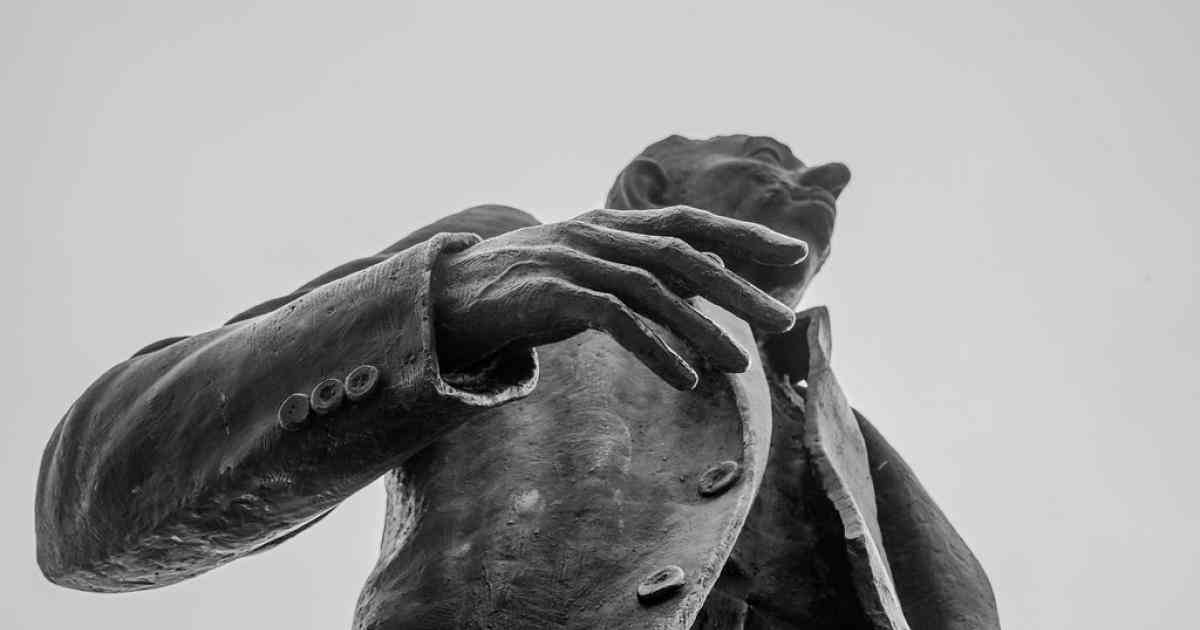
Badr's most famous poems:
The rain song, one of Badr Shakir's most famous poems, was published in Beirut Art Magazine in 1954. In it, the poet addresses his beloved and is considered one of the most famous spinning poems.
Among his most famous poems is also the poem "strange on the Gulf"; It is a poem that the poet wrote during his stay outside Iraq and suffered from pain, poverty and hunger, and it is one of the most profound writings of the poet in which he describes the feelings of distance from the homeland and his memories there.
His death:
In 1961, the ailing poet’s health began to deteriorate, as he felt severe pain in his lower back in addition to muscular atrophy over time and severe pain in his feet.
His travels between Baghdad, Beirut, Paris, and London did not save him anything until he settled in the Amiri Hospital in Kuwait, where he spent during his stay there. Still, unfortunately he died in the Amiri Hospital in 1964, and he was 38 years old to return Jokor a lifeless body and be buried there.
Recommended reading:
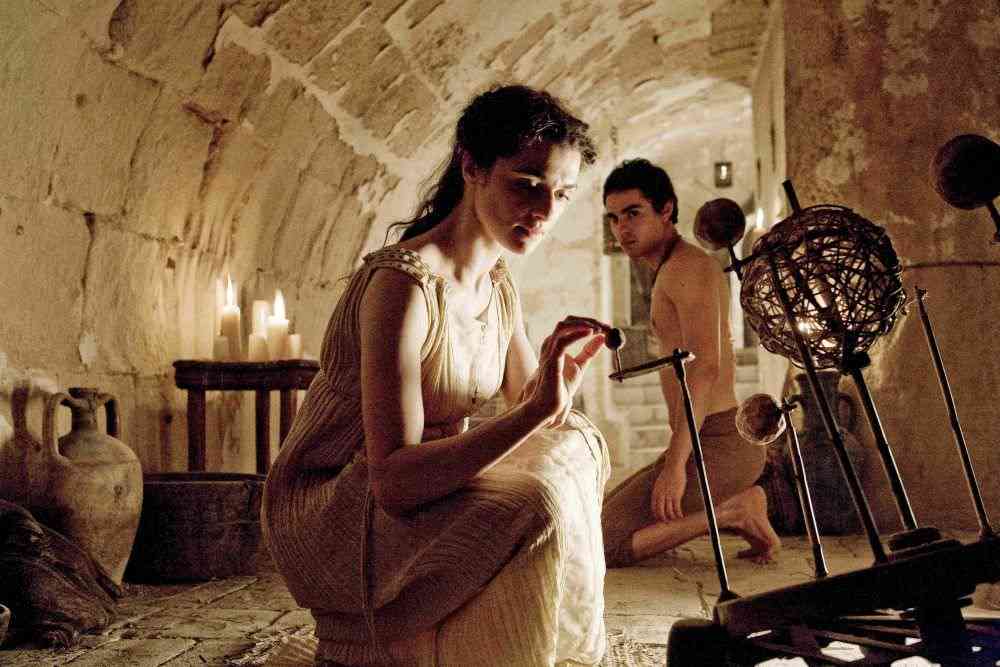
Sources:
[1] and [2]
كتاب بدر شاكر السياب - دراسة في حياته وشعره
الطبعة: الرابعة، 1978 الناشر: دار الثقافة، بيروت - لبنان الطبعة الأولى: 1969 الطبعة الثانية: 1977 الطبعة الثالثة: 1975 [ترقيم الكتاب موافق للمطبوع]
{3} 26 سبتمبر 2016.

